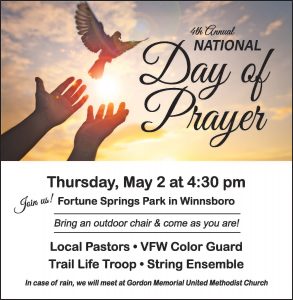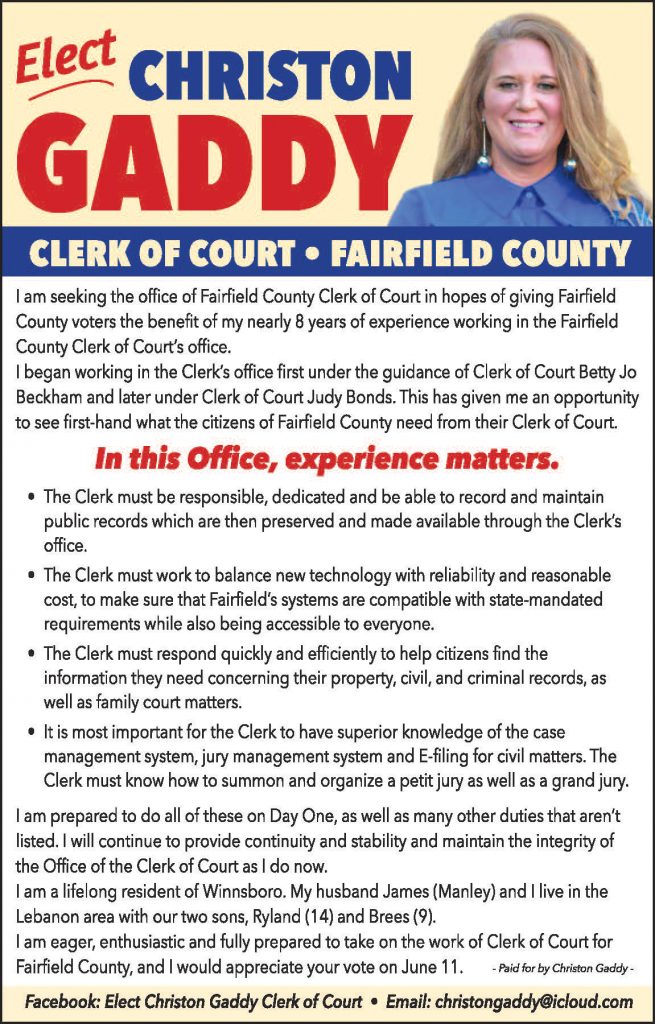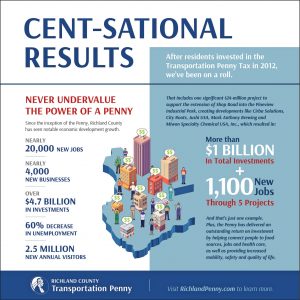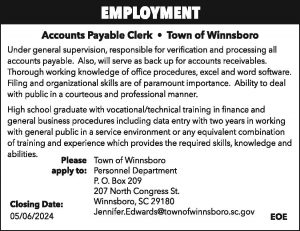Weak Attendance Policy Sparks Public Outburst
WINNSBORO – While Fairfield County Council ran down a list of amendments to its bylaws at a special meeting Monday night, approving each of the 11 changes on unanimous 6-0 votes, one amendment didn’t have quite enough teeth in it to suit at least one member of the public.
As Council discussed a new attendance provision to its bylaws, Beth Jenkins, one of many outspoken critics of Council in recent months and a regular attendee of Council meetings, erupted, screaming at Council as she stormed out of chambers just ahead of Sheriff’s deputies. Just prior to her outburst, Councilwoman Carolyn Robinson (District 2) was in the midst of explaining the weakness of Council’s attendance provision.
“I look at everything from a legal side, and there is nothing that would allow us to censure him for not being here,” Robinson said, referring to Councilman Mikel Trapp (District 3), who has missed 21 of Council’s 45 total meetings this year, including Monday’s. “There is nothing, unless it is a criminal matter, for the House and the Senate of South Carolina, to censure a person. The way you take care of that is through the ballot box.”
As Robinson spoke, Jenkins, incensed, stood up and began shouting: “Everything you’re saying is a lot of crap!”
When Chairman David Ferguson (District 5) called for the deputies, Jenkins railed on.
“Do it!” she cried. “I’m outta here! But you’re full of crap! Everything that you’re saying is a bunch of B.S.”
As Jenkins reached the chamber doors, she delivered her parting shot.
“Don’t pay them if they don’t show!”
Once the disturbance had died down, Milton Pope, interim County Administrator, concurred with Robinson’s assessment. Pope said he had researched with the state, the Association of Counties and the Municipal Association, and found no law mandating attendance for elected officials.
“You can take any level of government, there are no attendance requirements,” Pope said. “One member from the Association of Counties said the same thing (as Robinson): the recourse is with the ballot box.
“We don’t customarily review things that are maybe just an outburst,” Pope continued, “but I would say in regards to salary, that’s something I researched as well. Clearly, any public body can actually enact things by ordinance . . . however, whether or not is it lawful or not is another question. Some type of punitive reaction to (excessive absences), that is just not enforceable by law.”
Scott Slatton, Legislative and Public Policy Advocate with the S.C. Municipal Association, on the other hand, said Council could, in fact, enact a ‘paid for attendance’ ordinance if they wished.
“There’s nothing in state law that prohibits a city council from using a pay for attendance system,” Slatton said.
At least two S.C. towns have made their council’s salaries commensurate with attendance – Heat Springs and Furman.
Council’s new provision regarding attendance reads as follows:
“Fairfield County Council respects the state of South Carolina’s constitution as it relates to fulfilling the duties of office as an elected representative of Fairfield County and our oath of office. Each member of council should attend every public meeting as scheduled by a majority of council. If, however, for any reason a member of council cannot attend a scheduled public meeting, he or she should notify the clerk to council prior to the beginning of the meeting to notify the council and the public of the reason for the absence.”
Council also passed a new code of conduct, which Pope said applied to Council and to the public, which reads:
“Fairfield County Council believes that the public interest is best served when meetings are conducted in an atmosphere of mutual respect and civility. Every person, including public officials and private citizens, who participates in a Fairfield County Council meeting is requested to adopt the following pledge of conduct: I pledge that I may disagree but will be respectful of all. I will direct all comments to the pending issues. I will refrain from personal attacks.”
Council also opened up their meetings to an additional public comment section. Currently, public comments occur only near the beginning of meetings and are limited to three minutes per person. Those comments will now be limited only to items on the agenda.
“The reason we made changes to this is so that we could have the public comment on items that are on the agenda,” Pope said at Council’s Nov. 14 work session, when the details of the amendments were hashed out. “So before you take action on something, there will be an opportunity for the public to have dialogue on whatever that action is before you debate it or have a vote on it.”
A second public comment section, near the end of the meeting, will be open for items not on the agenda. This additional public comment portion will be open only on the last regular meetings of the month and will be limited to five minutes for an individual or 10 minutes for an individual representing a group of five or more. Total time for each public comment section is limited to 30 minutes. Persons speaking during either public comment portion will be required to state their name, the county in which they live (if not Fairfield County) and the district in which they reside. Additional information, including address, contact number and, if representing a group, the name of the organization, its officers and its official designation, if any, shall also be provided on the public comment sign-in sheet.
Council also voted 6-0 to return to a committee form of government, with the creation of the Administration and Finance Committee and the Policy and Development Committee to go along with the standing Economic Development Committee.
The bylaw changes will go into effect at the next regular meeting, Nov. 25. The committees will go into operation in February. A complete list of changes to the Council’s bylaws is available on the County’s Web site at www.fairfieldsc.com.












